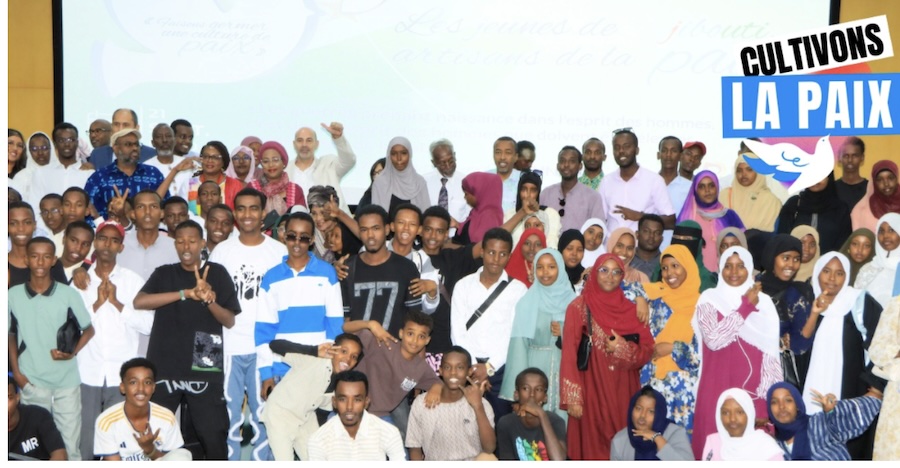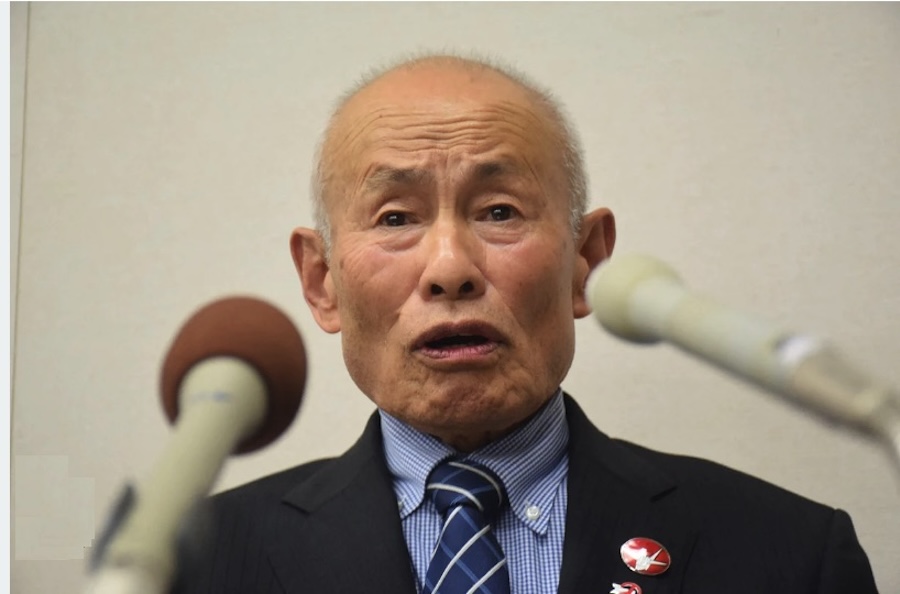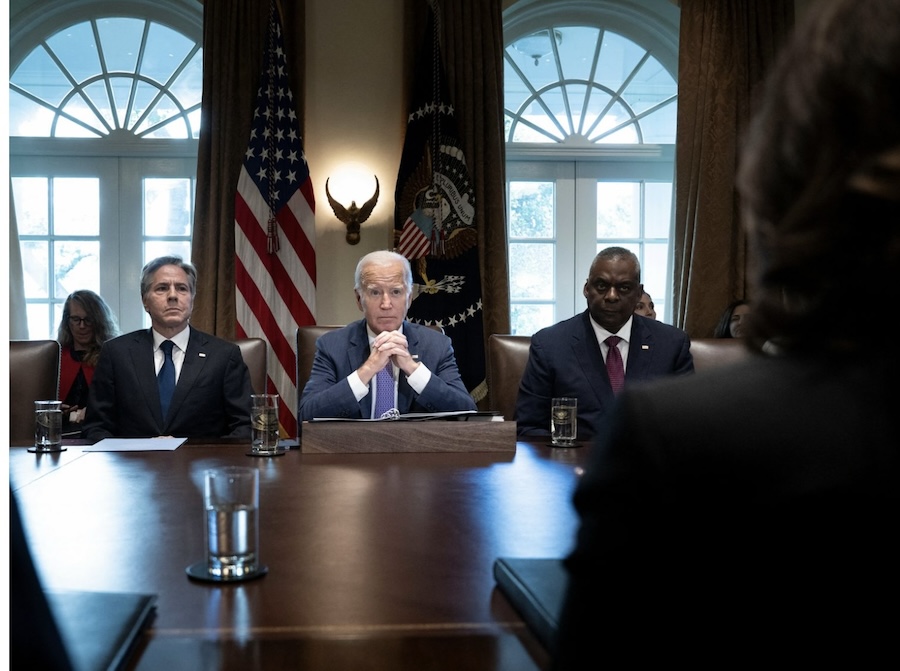FREE FLOW OF INFORMATION .
A survey by CPNN
The following 23 actions in 13 Arab and Middle Eastern countries were listed in Google during the week of September 17-28 this year under the key words “International day of peace” “peace day”, “journee internationale de la paix” and اليوم الدولي للسلام .

Djibouti
Here are excerpts from the articles.
BAHRAIN
In celebration of the United Nations International Day of Peace, the organization “this is Bahrain” launched its annual event under the theme “Cultivating a Culture of Peace” at the Cultural Hall in Manama. . . The evening’s performances, which included contributions from various cultural groups, reflected Bahrain’s thriving culture of peace. Participants included Father Richard Fermer, Dean of Saint Christopher’s Cathedral, the YMCA Choir and the Al Hidd Fajeiri Band, The ISKON Community and The Ghana Community Group.
DJIBOUTI
Like countries around the world, the Republic of Djibouti celebrated the International Day of Peace on Saturday, September 21. Under the theme “Cultivating Peace”, the event jointly organized by the UNESCO branch under our skies, the National Agency for the Promotion of Culture (ANPC), UNDP and the DERE Institute, served as a platform for collective reflection and commitment to peace. . . The ceremony was held in the auditorium of the National Library. It brought together experts, diplomats, young people and cultural actors to discuss various topics related to the theme proposed this year, including conflict resolution mechanisms and the contribution of women and young people to preserving peace. . . The activities dedicated to this day ended with a concert entitled “Cultivating Peace”, bringing together local and international artists. A strong emotional moment was the presentation of the song “Sing Peace”, specially composed for the occasion by national artists.
EGYPT, CAIRO COPTIC MUSEUM
The Coptic Museum administration announced the display of a unique artifact on the occasion of the celebration of the International Day of Peace. The artifact is a lamp in the shape of a dove, which symbolizes peace, and has a chain for hanging, made of bronze and dating back to the Byzantine era.
EGYPT, CAIRO LIBRARY
The Greater Cairo Library, headed by writer Yehia Riad Youssef, is organizing a celebration on the occasion of the International Day of Peace, at 4 pm next Thursday, September 19, in cooperation with the activities of the “I am from this country” cultural salon, under the patronage of Dr. Ahmed Heno, Minister of Culture, and the supervision of director Khaled Galal, Head of the Cultural Production Affairs Sector. The celebration will be hosted by: Major General Hamdi Bakhit, Major General Ahmed Wanis, and Major General Dr. Mahmoud Khalifa, and the evening will be managed by Dr. Fawzia Mohamed.
EGYPT, CAIRO RADIO
Egypt’s Radio Cairo International Presents Special International Day of Peace Talk by Amal El Disuki, Friday September 20, 2024
EGYPT, HELIOPOLIS
Dr. Nabil Helmy, Chairman of the Heliopolis Association, announced the opening of an exhibition entitled “Culture of Peace” at 12 am today, Saturday, at the Heliopolis Library, one of the association’s cultural platforms, with the participation of 15 artists from different age groups. . The Future Library, one of the association’s cultural platforms, will organize a symposium entitled (Internal and External Peace and its Relationship to the Mental Health of Individuals and Peoples) at 6 pm next Thursday, September 26, on the occasion of the International Day of Peace. . .
The symposium will address the meaning of peace, the importance of peace for individuals and societies, the relationship between peace and mental health, and practical steps to help individuals achieve psychological peace.
EGYPT, ISMAILIA
The Ismailia Culture Branch organized a number of cultural and artistic activities within the agenda of the General Authority for Culture Palaces, under the supervision of writer Mohamed Abdel Hafez Nasef, Vice President of the Authority, within the framework of the Ministry of Culture’s programs. In celebration of the International Day of Peace, Abu Suwayr Library organized a meeting to discuss the book “Peace of My Country” by Salwa Al-Anani.
EGYPT, MINYA
Today, Saturday, the Peacemakers Committee in Minya Governorate celebrated the International Day of Peace, which falls on September 21 of each year, under the slogan “Blessed are the Peacemakers.” Father Paul Nassif, of the Catholic Diocese of Minya, says that the Peacemakers Committee calls on everyone to spread the culture of tolerance, peace, acceptance of others, instilling good values and noble morals, and rejecting hatred, violence, and extremism. . . Sheikh Gamal Abdel Hamid Ibrahim, a scholar of Al-Azhar Al-Sharif and a member of the Peacemakers Committee, stressed that national unity is the most prominent pillar of patriotism . . The members of the Peacemakers in Minya called on all officials, religious opinion leaders, thinkers, writers and intellectuals to unite efforts to instill the values of tolerance and coexistence and to reject hatred, fanaticism and terrorism.
IRAQ
Iraqi young men and women sent a message on the International Day of Peace, as part of the “Peace Against War” photography workshop established by the United Nations Development Program. Asia, Abdulrahman, Ayat, Nour Eldin, Zaid, Hawra, and other young men and women from Anbar, Diyala, Salah Al-Din, Nineveh, and Kirkuk came together to send a message on the International Day of Peace. These groups are present in five areas in Iraq that were liberated from ISIS invasion: Anbar, Diyala, Salah al-Din, Nineveh and Kirkuk, according to a UN report. Funded by the governments of Denmark, Canada and Germany, members of these groups work together to solve problems related to peace, help people reintegrate into their communities, and even extend their work to solutions to address climate change. . . The UN report quotes Asia Salam from Diyala as saying, “Through photography, drawing, or speaking, we seek to build dialogue with each other. Openness and empathy are key to understanding our differences and creating peaceful societies.” Nour Al-Hamdani from Anbar explains, “60% of our country is made up of young people. Without our active participation, we have no future. We, the youth, are the driving force for change, and our creativity is the key to a more peaceful world.”
ISRAEL
On Saturday Sep 21, International Day of Peace, the Plum Village sangha in Jerusalem will be offering a Peace Walk at 5pm local time. We invite you to send the energy of peace and healing to Israel and Palestine at the same time. You’re also welcome to join a simultaneous session of sitting meditation, chanting and walking meditation led by Blue Cliff Monastery online.
MOROCCO, MARAKECH
Video of celebration of International Day of Peace by children of Planete Montessori School, Marrakech
MOROCCO, RABAT
Rabat – The Islamic World Educational, Scientific and Cultural Organization (ICESCO) called on Friday the international community to adopt innovative strategies and pool efforts to promote the culture of peace. In a statement on the occasion of the International Day of Peace (21 September), which this year is themed “Let us cultivate a culture of peace”, ICESCO calls for more coordinated efforts to guide, cultivate and promote the culture of peace in order to make societies more resilient and prosperous in the face of growing challenges to peace and security, as well as environmental, economic and social crises affecting a number of countries around the world.
Question for this article
What has happened this year (2024) for the International Day of Peace?

Syria, Manbig Canton
(Survey continued from left column)
QATAR
Doha, QNA/ On Tuesday, the Shura Council participated in a parliamentary event organized by the Inter-Parliamentary Union (IPU) via videoconference. The event, themed “Peace and Democracy: Can Ballot Boxes Replace Bullets?”, marked the International Day of Democracy (15 September) and the International Day of Peace (21 September).
SAUDI ARABIA
The Intellectual Awareness Department of the General Administration of Education in Taif Governorate organized a remote seminar entitled (Safety is a Value and Behavior) as part of the activities celebrating the International Day of Peace. The symposium included a number of topics, peace is the greeting of Islam, the role of education in achieving peace, messengers of peace from the Kingdom of Islam, stories about peace inspired by prophecy and building peace in the future, and a poem entitled the Kingdom is the source of peace. . . For its part, schools activated this event with many activities and events targeting students and their staff.
SOMALIA
UN University for Peace Celebrates International Day, Pledges to Provide Inspiring Education for Future Generations. On this occasion, Professor Samuel Ewusi, Regional Director of the University for Peace in Africa, said: “If the United Nations University for Peace should be anywhere, it should be in Somalia.” . . Since its establishment in Mogadishu in 2018, the University of Peace in Somalia has graduated over 250 students, increasing the capacity of Somali leadership to define and develop a culture of peace. . . At the recent graduation ceremony at the University for Peace, the head of the UN mission in SOMALIA commented: “This is the only educational institution with an exclusive mandate to deliver peace education, and it is of particular importance here in Somalia.”
SYRIA, MANBIJ CANTON
The Syrian Women’s Council in Manbij Canton organized a dialogue seminar on the International Day of Peace, in which members of the Democratic Autonomous Administration of Manbij Canton, political parties, and independent women’s figures participated, in the hall of the Muhammad Manla Ghazil Library in the center of Manbij city. The symposium began with a minute of silence, then the spokesperson for the Syrian Women’s Office in Manbij Canton, Maryam Hayani, explained the concept of international peace and the urgent need for it, especially in light of the conflicts the world is witnessing between international powers that seek their interests by igniting conflicts between peoples. Then the floor was opened for discussion in front of the attendees, who stressed the necessity of resolving the Syrian crisis, establishing peace there, and liberating the occupied territories.
SYRIA, NORTHEAST
The Confederation of Democratic Society Organizations in Northeast Syria issued a written statement on the occasion of International Peace Day.vThe statement stressed: “We call on all international civil society organizations and human rights institutions to fulfill their duty to support sustainable peace-building efforts in Syria and to cooperate to spread a culture of dialogue instead of violence and discrimination. We see differences as a source of diversity, not as a tool to spread values or to fuel wars. Respect for diversity and acceptance of others is the key to building a strong society based on justice and equality. We therefore call on all peoples of the world to use this day as an opportunity to rethink the need for peace as the only way to resolve the crisis.
TURKEY, ANKARA
The International Day of Peace was observed at Botanik Park in Ankara with a Peace Bell Ringing Ceremony organized by Turkish Japanese Foundation and UN Türkiye. The ceremony was attended by members of diplomatic community, academia, civil society and UN Türkiye staff. Dr. Babatunde Ahonsi, the UN Resident Coordinator in Türkiye, emphasized this year’s theme, “Cultivating a Culture of Peace” . . Assoc. Prof. Dr. Emin Özdamar echoed these sentiments, recalling the painful legacy of the atomic bombings of Hiroshima and Nagasaki nearly 80 years ago. . . The ceremony concluded with the ringing of the Peace Bell, a powerful symbol of hope and a call to action for peace, reminding all present of the responsibility to foster a culture of peace in their communities and the world.
TURKEY, IZMAR
On Saturday, the western Turkish city of Izmir witnessed a march in solidarity with the Palestinian people, on the occasion of the International Day of Peace, which falls on September 21. Dozens of demonstrators gathered in Konak Square, where some protesters wore costumes and masks symbolizing different cultures. The demonstrators carried lanterns and walked to the nearby Republic Square, chanting various slogans while playing many musical instruments and beating drums.
UNITED ARAB EMIRATES, DUBAI
The Sustainable Humanitarian Organization DIHAD organized a humanitarian campaign that included several activities on the occasion of the International Day of Peace, in cooperation with Index Media and the International School of Creative Science. . .
A group of Emirati students shared their vision of peace with the world, with the aim of promoting the values of tolerance and love among all people on earth by creating artistic paintings that express their concept of peace, using colors to convey their messages to the world.
UNITED ARAB EMIRATES, MINISTRY OF THE INTERIOR
The Ministry of Interior, represented by its Human Rights Department, in collaboration with the National Committee for International Humanitarian Law, marked the “International Day of Peace” by hosting a virtual workshop. . . In his opening remarks, Brigadier Mohammed Ali Al Shehhi, Director of the Human Rights Department, emphasized the Ministry’s commitment to participating in global events, particularly those centered on humanitarian values and the promotion of peace and tolerance. . . Major Dr. Hamad Al Shamili, an accredited lecturer by the International Committee of the Red Cross, elaborated on the concept of world peace and its noble goals. He discussed the protection of civilians and peaceful societies under international law, emphasizing the restriction of hostile actions.
UNITED ARAB EMIRATES, SHARJAH
Sharjah Girls Chess and Culture Club organized the International Peace Day event for the club’s players aged 5 to 12 years, in cooperation with the Sharjah Social Services Department, at the club’s headquarters, in which a large number of players participated. . . Najla Al Shamsi, Chairwoman of the Board of Directors of the club, confirmed that the event coincides with the International Day of Peace, “Through the event, we wanted to consolidate the meaning and values of peace for all generations of our society,
YEMEN, AMIDEAST
On the International Day of Peace, celebrated on September 21, AMIDEAST-Aden organized a dialogue session today, Sunday, September 22, that brought together seven young men and seven women from the EASP program to discuss the topic of “Peacemaking” from the perspective of women and youth. . . The session included presentations about the International Day of Peace and an extensive explanation of Resolution 1325, stressing the need to implement these resolutions on the ground to enhance the role of women and youth in achieving sustainable peace.
YEMEN, PEACE PATH FOUNDATION
An event was held on the occasion of the “International Peace Day”, implemented by the Peace Path Foundation under the slogan (Peace for All of Us) and with the participation of elite female cadres, which lasted for only one day, and members of the Women’s Solidarity Network in Aden Governorate . The event was opened via Zoom with a speech by the Country Director of the Peace Path Initiative Foundation – Lawyer / Afraa Al-Hariri, “in which she congratulated all attendees on the occasion of the International Day of Peace, which falls in September of each year… wishing that security, safety, peace and prosperity would prevail in all parts of the country through the combined efforts of everyone, regardless of their affiliation and spectrum, and to come out with a beautiful vision for a bright tomorrow with peace. . . The event concluded with an interactive dialogue, and the most important issues discussed revolved around the status of women and the importance of reflecting their priorities and needs in the Beijing Report, advocacy plans and how to develop them, challenges, difficulties, and proposals for analyzing the context, identifying advocacy groups, and taking into account the targets, influencers, and decision-makers.










